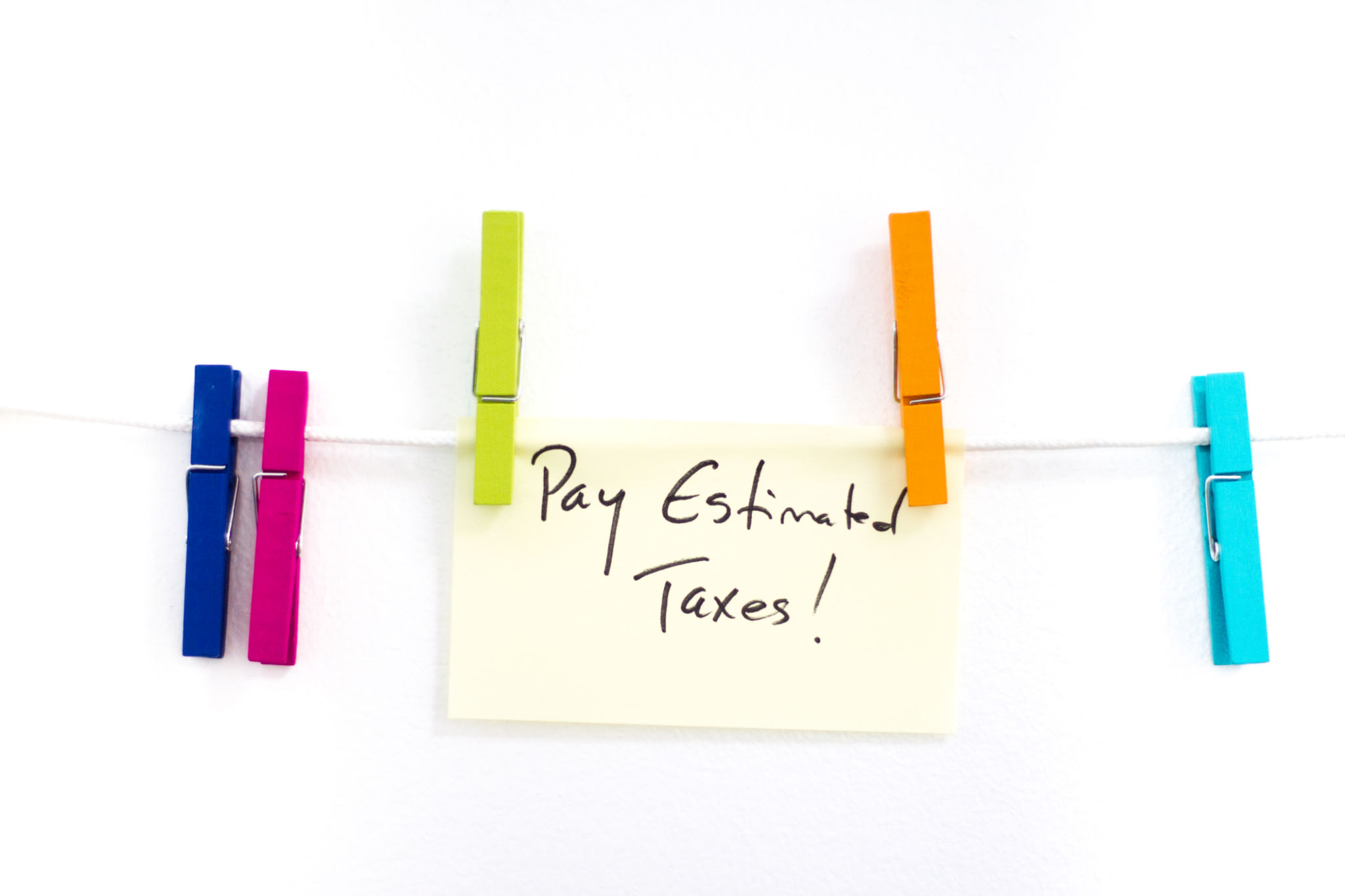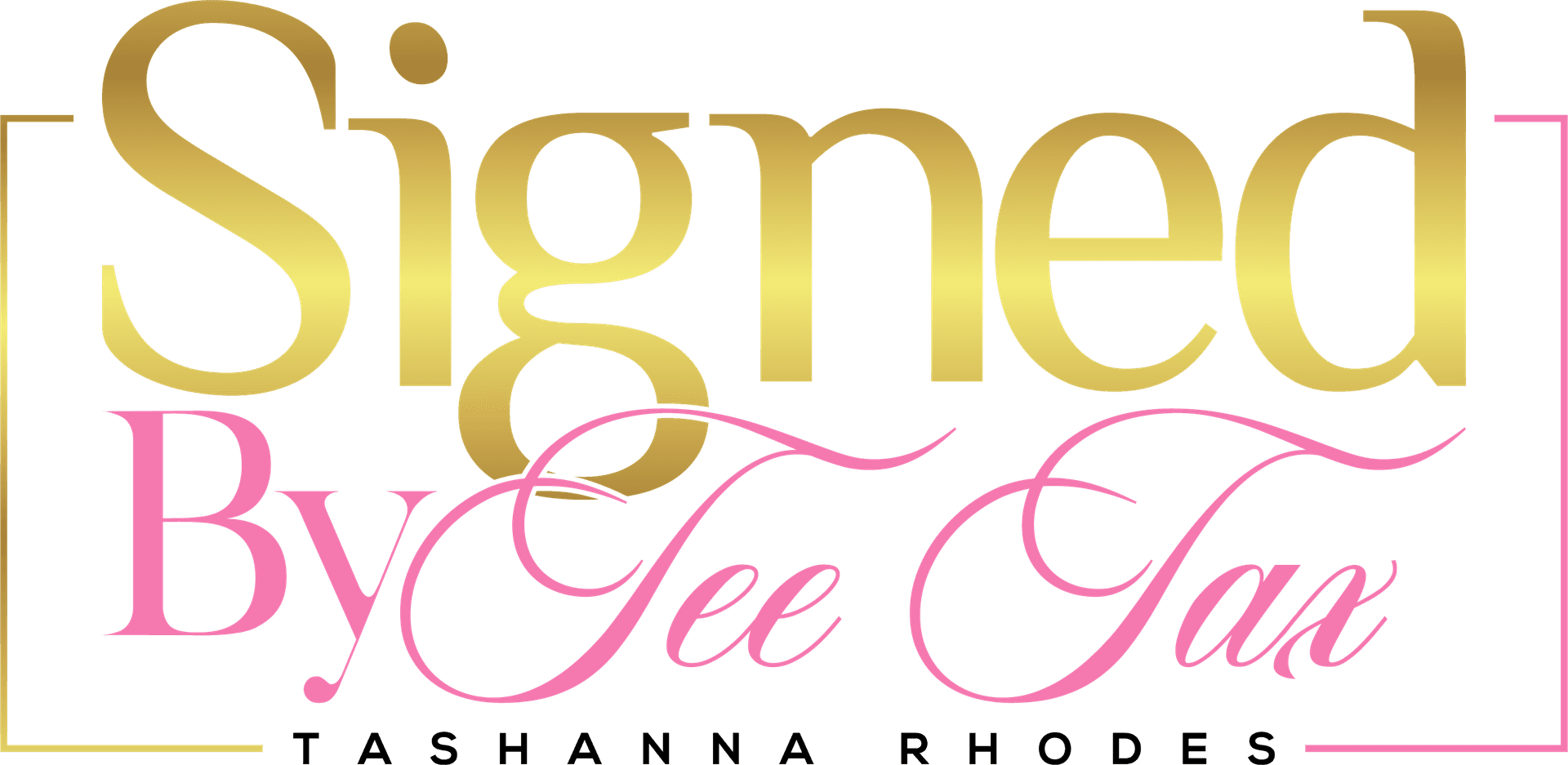Maximize Your Tax Savings: Expert Tips for a Stress-Free Filing
As tax season approaches, many individuals and businesses start to feel the pressure of ensuring their tax returns are filed accurately and on time. However, with the right strategies and a bit of preparation, you can not only file your taxes stress-free but also maximize your tax savings.
Understand Current Tax Laws
The first step in maximizing your tax savings is to stay informed about the current tax laws. Tax regulations can change from year to year, impacting deductions, credits, and other important elements. Keeping up with these changes ensures that you're taking advantage of every possible opportunity to reduce your tax liability.
Consulting with a tax professional or using reliable tax software can provide insights into any new laws or modifications that may affect your filing. This knowledge is crucial in planning your finances throughout the year.

Organize Your Financial Documents
One of the most effective ways to ensure a stress-free filing is to maintain organized financial records. Make it a habit to regularly update and categorize your financial documents, including receipts, invoices, and statements. This organization will save you significant time and stress when it's time to file.
Consider using digital tools or apps that can help you manage your documents efficiently. By having all necessary documents easily accessible, you can quickly identify potential deductions and credits that may apply to you.
Use a Checklist
Creating a comprehensive checklist of required documents can help streamline the process. This checklist should include:
- Income statements (W-2s, 1099s)
- Expense receipts
- Investment income
- Mortgage interest statements
- Charitable contributions

Maximize Deductions and Credits
Deductions and credits are vital tools for reducing your taxable income. Ensure you're claiming all available deductions, such as those related to mortgage interest, education, medical expenses, and charitable donations. Tax credits, like those for education or energy-efficient home improvements, can also significantly reduce your tax liability.
Keep in mind that some deductions and credits have specific eligibility criteria, so it's important to confirm your qualification for each one. A tax professional can be invaluable in identifying less obvious deductions that you might otherwise overlook.

Consider Retirement Contributions
Contributing to retirement accounts like a 401(k) or IRA not only prepares you for the future but also offers immediate tax benefits. These contributions can reduce your taxable income, allowing you to save money on your current year's taxes while investing in your long-term financial health.
Be sure to understand the contribution limits and deadlines associated with each type of account to make the most of these benefits. Many retirement account contributions can be made up until the tax filing deadline for the previous year.
Plan for Estimated Taxes
If you're self-employed or have additional income outside of traditional employment, planning for estimated taxes is crucial. Paying estimated taxes quarterly can help you avoid penalties and manage cash flow more effectively throughout the year.
Determine if you're required to pay estimated taxes and use IRS guidelines to calculate your payments accurately. Regularly reviewing your income and expenses will ensure that you're setting aside enough funds to cover these obligations.

By following these expert tips and staying proactive throughout the year, you can navigate tax season with confidence. A combination of staying informed, organized, and strategic will not only ease the stress of filing but also maximize your potential savings.
